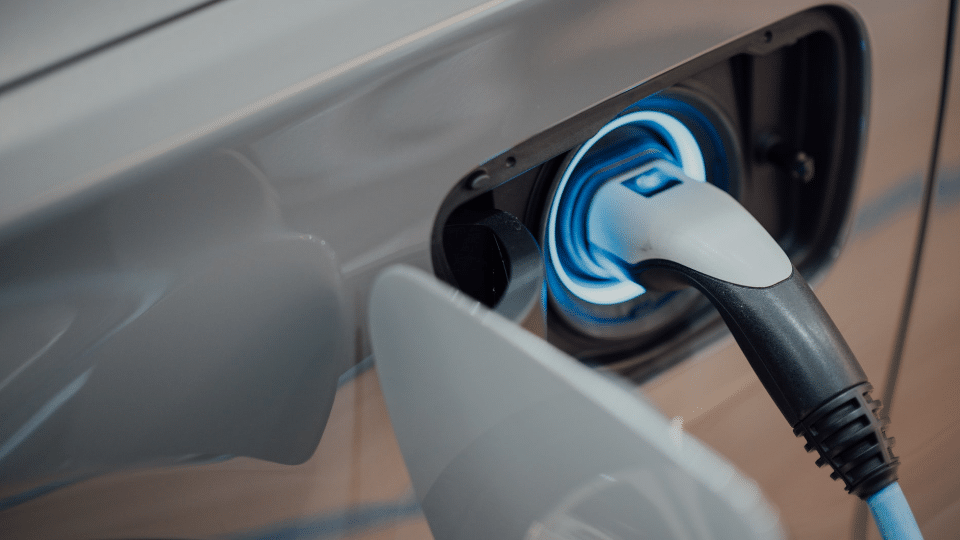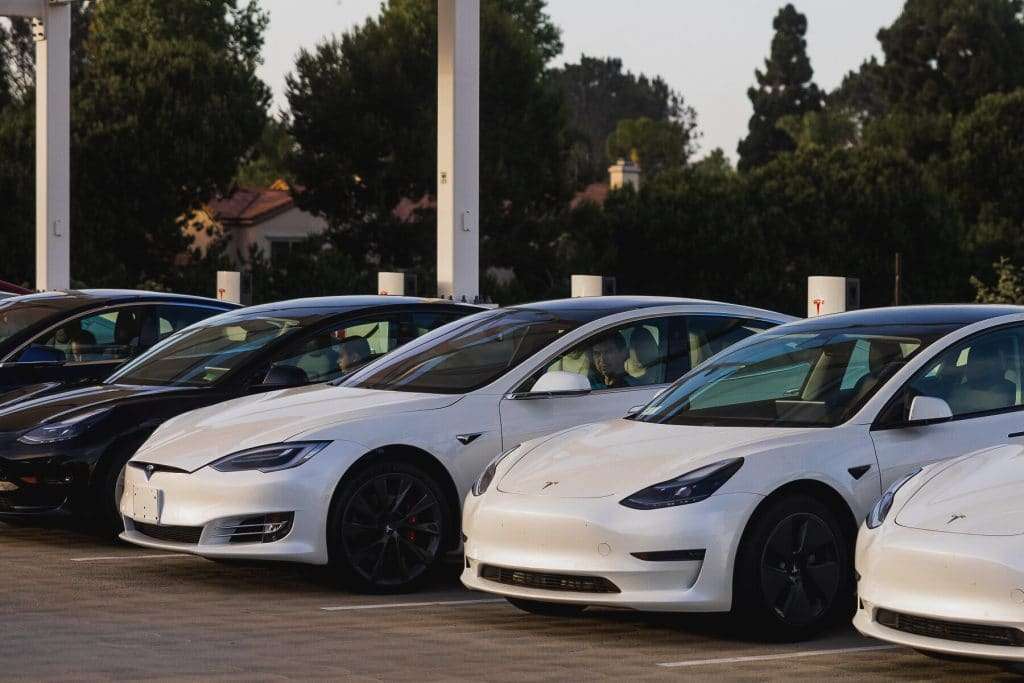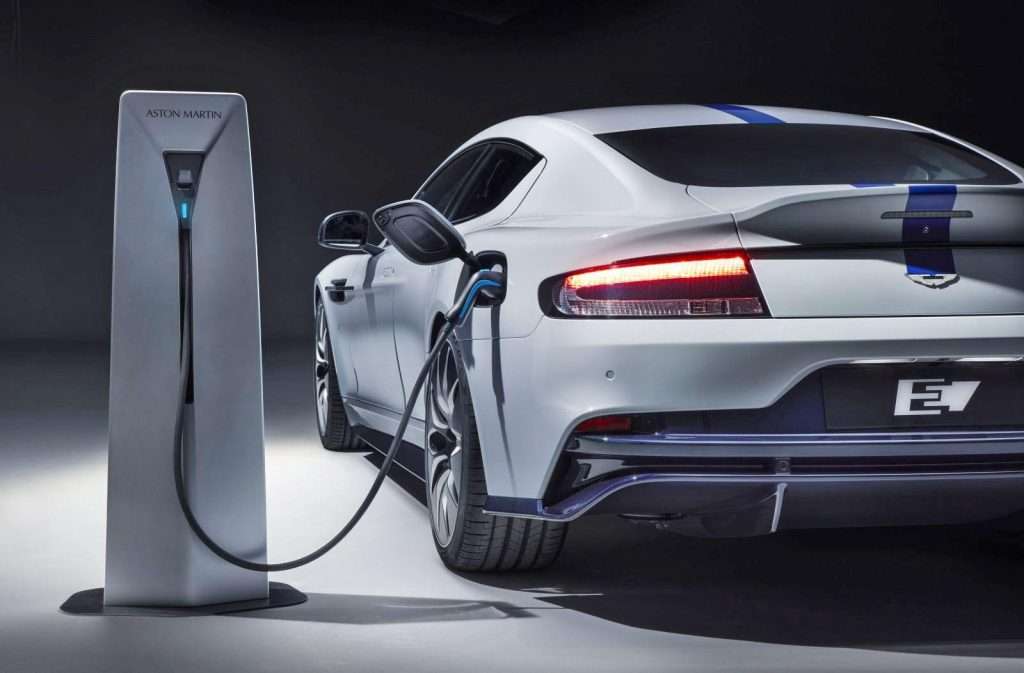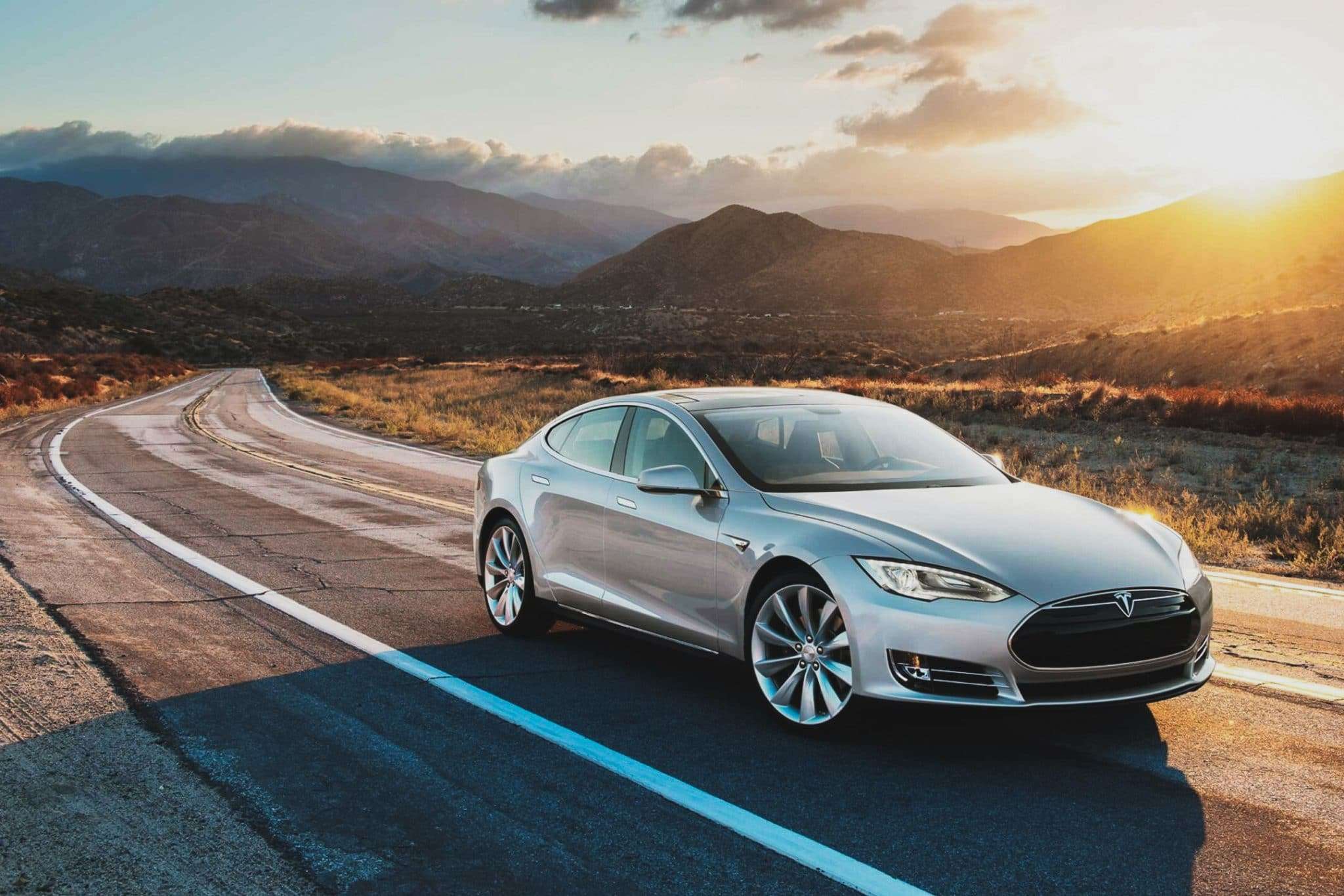It has become imperative to invest in green technology, and the growth in the adoption of electric vehicles signals a shift toward a more sustainable future.
With more than 2 million electric vehicles (EVs) registered in the U.S., the emissions-free vehicle revolution is in full swing — although it has not been without its challenges. One of the most significant aspects steering the overall adoption of EVs is the charging infrastructure they require. There was a time when EV drivers had concerns about battery range — a phenomenon called “range anxiety” — but with EV battery range improving across the sector, “range anxiety” is now transforming into “charging anxiety.”
With charging stations failing to meet uptime goals and a lack of trained and certified technicians to keep the current stations up and running consistently, “charging anxiety” could sabotage the EV revolution before it even gains ground.
The backbone of EV adoption
Recent studies have shown that at any given time, upwards of 20 percent of the current EV charging infrastructure is inoperable. It is an issue that is receiving attention due to the overwhelming importance of a robust charging system to the success of EV adoption nationwide. And, as groups from sustainability advocates to our nation’s government officials have pushed for wider EV use, the issues with the charging infrastructure have become more apparent. Outages, network connectivity issues, and a severe lack of maintenance have led EV drivers to grapple with an epidemic of unreliability.

The problem has not been met with silence, however, and several solutions to the ongoing charging infrastructure issues have been brought to the table. For instance, the U.S. Department of Transportation’s Federal Highway Administration’s National Electric Vehicle Infrastructure (NEVI) program seeks to fund the large-scale deployment of EV charging infrastructure across the country, setting a lofty goal of 97 percent operational uptime. In addition, The Biden Administration has pledged to build a network of 500,000 EV charging stations by 2030.
To support this uptick in charging station installs, there will need to be a concerted effort to train and certify specifically skilled technicians to support these new charging stations. The current lack of such a specialized workforce has contributed to the downtime issues that EV drivers face today.
A robust and reliable charging infrastructure will serve as the backbone of EV adoption, furthering the revolution and securing a more sustainable future. Support for EV charging stations reassures EV drivers, alleviating “charging anxiety” through convenient access to working charging points. Those seeking to purchase an EV want to know that it will be convenient and practical to drive. Bolstering the EV charging station infrastructure is a significant part of the overall strategy to get more drivers on board with EVs.
Innovation of charging technology
The way EVs are powered and charged has evolved over the years. This rampant evolution in technology innovation has led to the need for constant updates and advanced training for those tasked with keeping the charging infrastructure current and operational.
Charging speed and efficiency have improved immensely. High-powered DC chargers have considerably reduced people’s charging time, replenishing batteries in a matter of minutes. What this ultimately means for public charging stations is more usage by larger numbers of people in a shorter amount of time, which could task the charging station, leading to a need for more maintenance.

Wireless charging technology is also changing the game. Through electromagnetic induction or resonant charging, wireless charging pads embedded in parking spaces or roadways can automatically charge EVs as they park or drive over them. The hope is that as these wireless technologies take hold, they will offer more seamless integration into urban environments and change how charging stations are designed and installed.
Smart technology is also influencing the EV charging space. By leveraging connectivity and data analytics, the charging process can be optimized to further reduce energy consumption and costs, and alleviate strain on the electrical grid. Through Smart technology, EV drivers can schedule charging during off-peak hours, be pointed toward the nearest operational charging station, and have more control over their range and overall energy use.
Economic and environmental collaboration
The current EV charging station infrastructure is still going through significant growing pains. To solve the issues present, an eye must be turned toward the current labor force. Licensed electricians, technical support workers, network engineers, and cybersecurity specialists all have a role to play in supporting the evolution of EV charging infrastructure. Service providers with a distinct and broad range of skills will be necessary if the EV revolution is to continue.

The EV revolution has the potential to create an entirely new skilled workforce, trained and ready to support the designing and manufacturing of ever-evolving EVs and install and support the widespread EV charging infrastructure.
A strong EV charging infrastructure will be necessary to further the green technology revolution. As more people turn to EVs, the need for an accessible and reliable charging infrastructure will be crucial. Through technological innovation, the training of a specialized workforce, and an eye on economic factors, the nation can form a powerful charging network that will usher in the next phase of EV adoption.
With over 13 years of experience in the solar, electric vehicle (EV), and renewable energy industries, Rue Phillips is a visionary investor, entrepreneur, and expert who has founded or led several successful companies in the cleantech space. He was the co-founder and President of EV-Connect and also the co-founder and president of 365 Pronto, the world’s first platform to match cleantech asset owners with a local and on-demand installation and service workforce, enabling faster, safer, and more efficient deployment and maintenance of clean energy and mobility solutions. Rue is currently President and co-founder of SkillFusion, a digital customer service platform for training, certification, and compliance of Electric Vehicle Supply Equipment (EVSE) Electricians, Technicians, and EV-ComTechs.
Related on Ethos:


